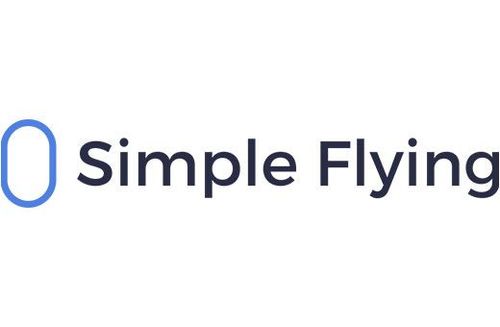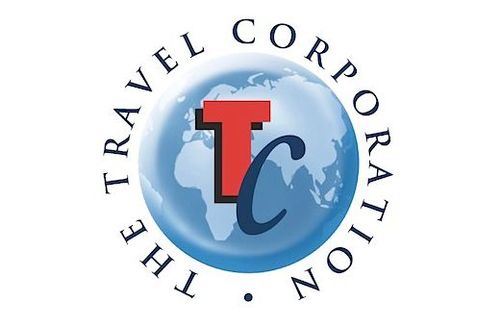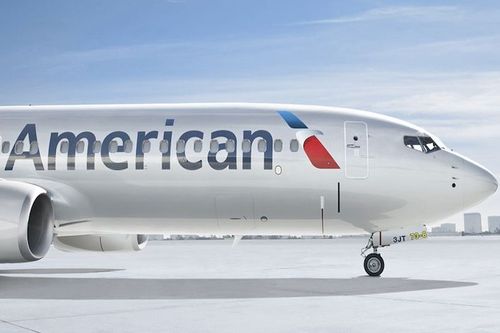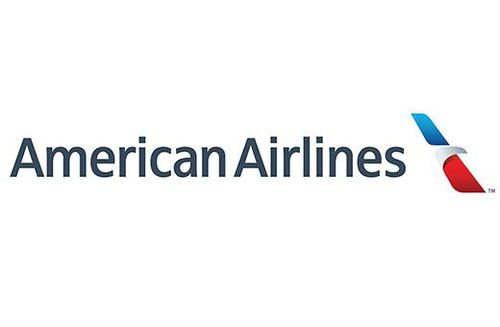Where travel agents earn, learn and save!
News / Korean Air-Asiana Airlines merger gains European approval
To meet the condition, Korean Air will appoint an advisory firm and select a buyer for the cargo divestment
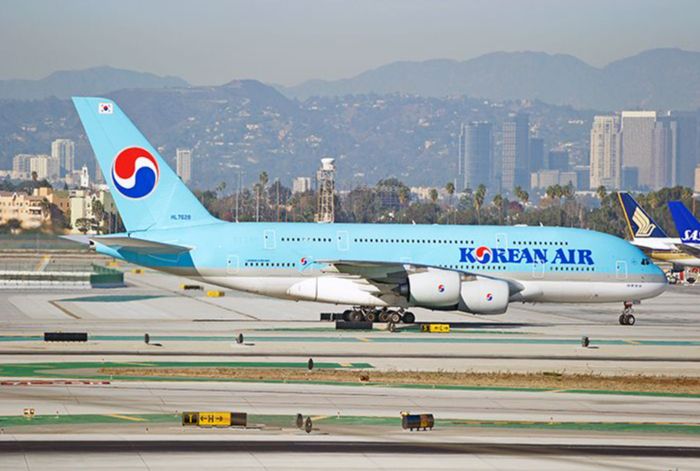
The European Commission (EC) has approved the Korean Air and Asiana Airlines merger, with the former airline, which initiated the merger proceedings, remarking that the approval granted was subject to specific commitments, including the sale of Asiana Airlines' cargo subsidiary.
Remedy measures by Korean Air and Asiana Airlines
The EC became the 13th out of 14 regulatory authorities to approve the merger. However, the Commission only approved the merger under certain conditions, including selling Asiana Airlines’ cargo business and providing support to new entrants on certain routes between the European Union (EU) and South Korea.
To meet the first condition, Korean Air said it would have to appoint an advisory firm, initiate the bidding process, and select the buyer to sell Asiana Cargo. Meanwhile, the EC detailed that the divestment includes the division’s aircraft, slots, traffic rights, flight crews, and other employees, as well as customer contracts.
In order to protect the market on flights between the EU and South Korea, Korean Air has appointed T’Way Air, a domestic airline, to operate routes where the EC has had concerns. These include flights between Seoul Incheon International Airport (ICN) and Paris Charles De Gaulle International Airport (CDG), Rome–Leonardo da Vinci Fiumicino International Airport (FCO), Barcelona El Prat Airport (BCN), and Frankfurt Airport (FRA).
T’Way Air’s upcoming international expansion
Interestingly, the EC mandated the two merging parties to provide not only slots and traffic rights but also “access to the required aircraft.” Korean Air did not detail whether this includes wet leasing its widebodies to T’Way Air, only noting that it will “provide comprehensive support to T’Way Air.”
Data from the aviation analytics company Cirium showed that T’Way Air, which has three Airbus A330-300 aircraft, operates its twin-aisle jets from ICN only to destinations within Asia-Pacific, which includes Singapore Changi Airport (SIN) and Sydney Airport (SYD), among others.
The Airbus A330-300’s range is 6,350 nautical miles (11,750 kilometers), while ICN and CDG, FCO, BCN, and FRA are separated by 4,832 NM (8,950 km), 4,852 NM (8,986 km), 5,193 NM (9,617 km), and 4,625 NM (8,565 km), respectively, according to the Great Circle Mapper.
As such, T’Way Air could realistically open up flights to the four European cities yet would struggle to serve the flights regularly, considering that it has a relatively small fleet of A330-300s. The airline has previously expressed its desire to acquire more Airbus A330 aircraft, saying it would operate up to 20 A330-300s.
Clearing the DOJ’s hurdle
The EC was the second authority to approve the merger in 2024, with Japan’s Fair Trade Commission (JFTC) giving its stamp of approval to the deal in January. However, the merger has one last hurdle to clear: the United States and its regulatory authority.
Korean Air stated that after the EC approved the merger, its focus has now shifted to its discussions with the US authorities in order to finalize the agreement. While the US Department of Justice (DOJ) has not sued the merger, there were reports that the DOJ was considering suing due to competition concerns in May 2023. The DOJ has recently successfully sued the JetBlue and Spirit Airlines merger, winning the case in court.



